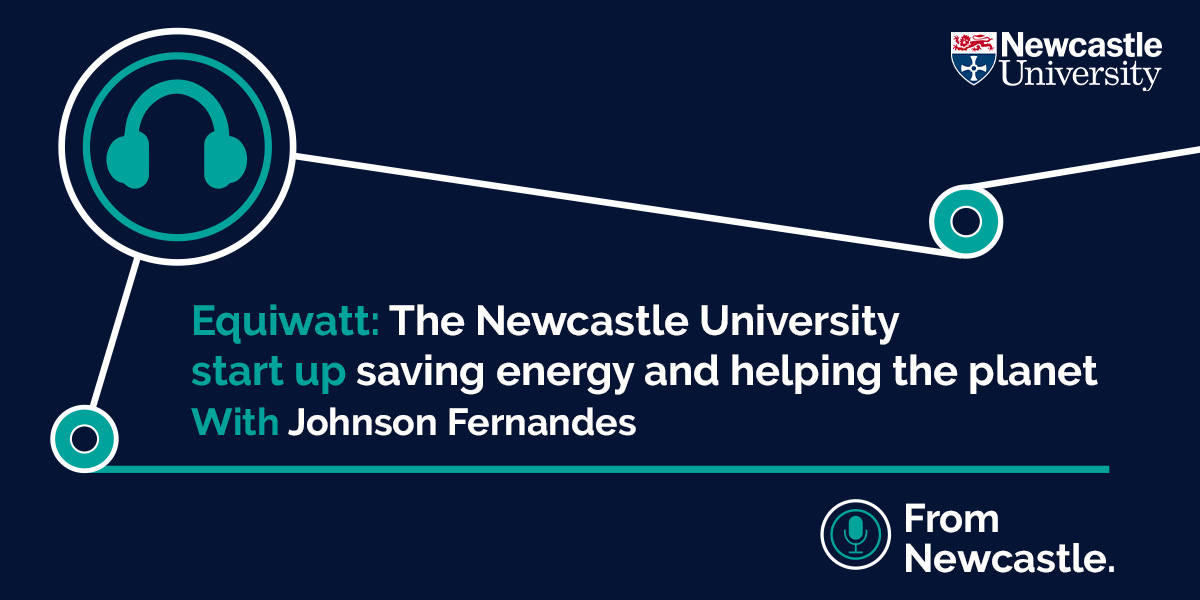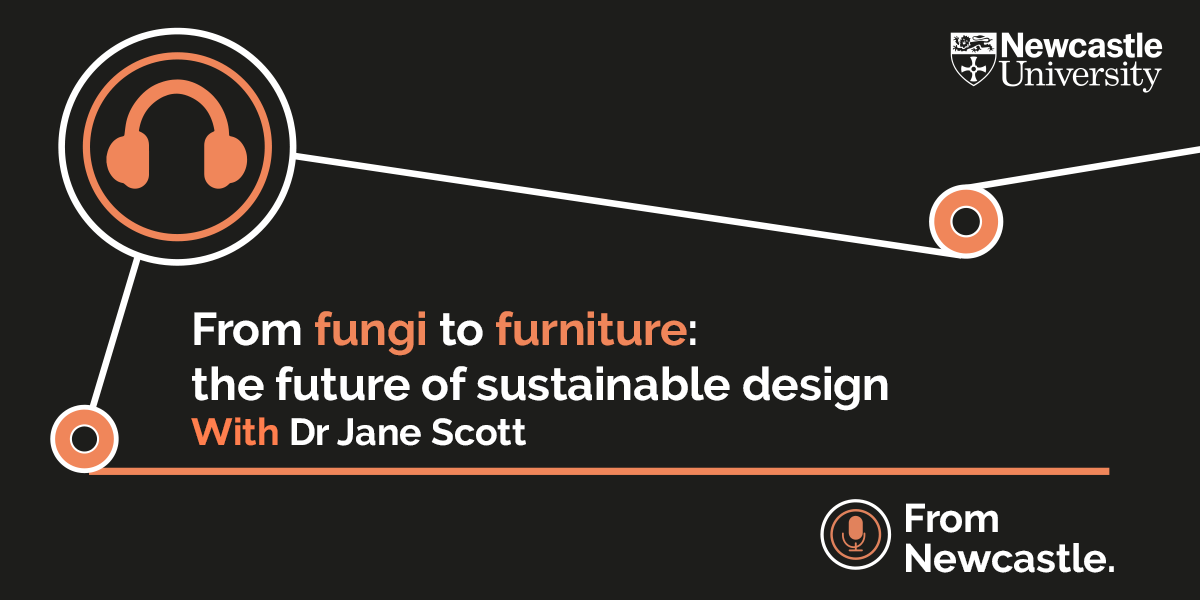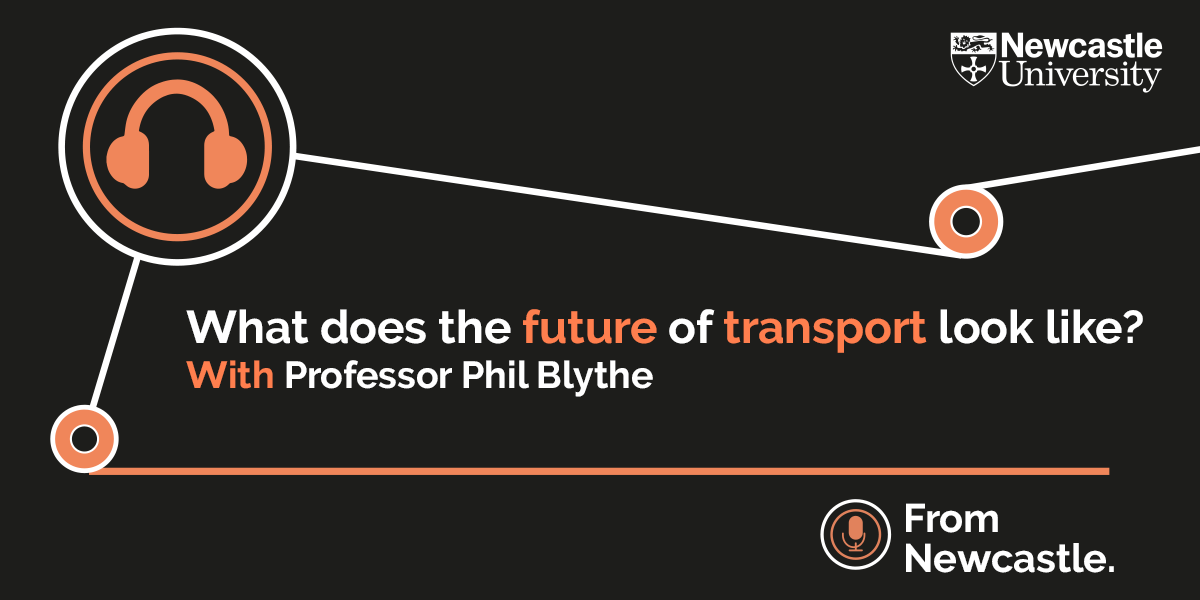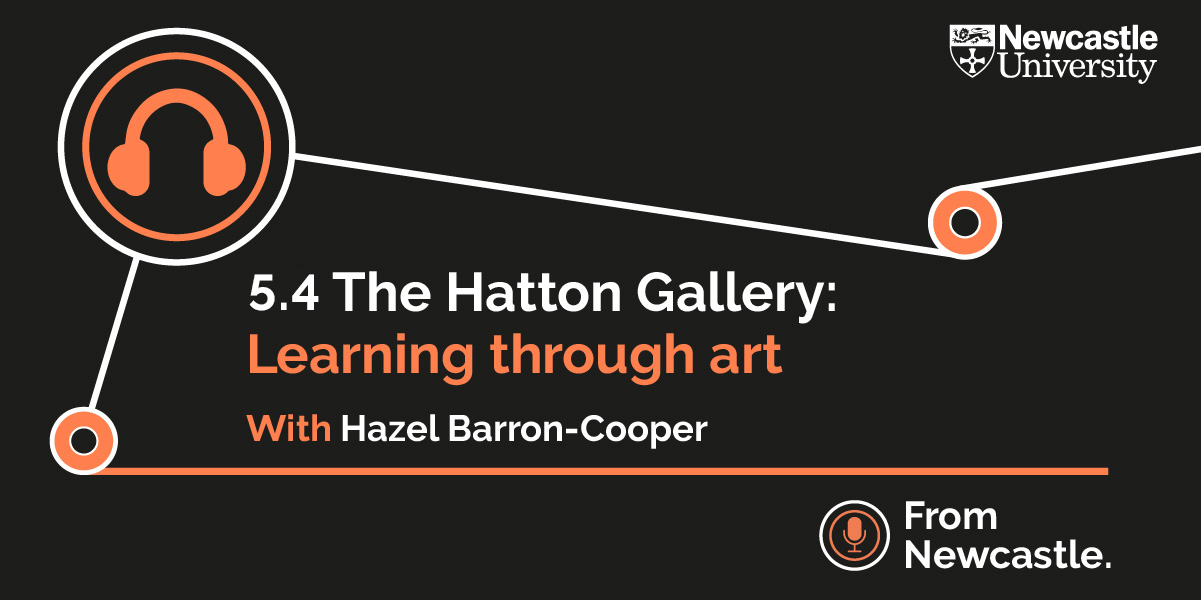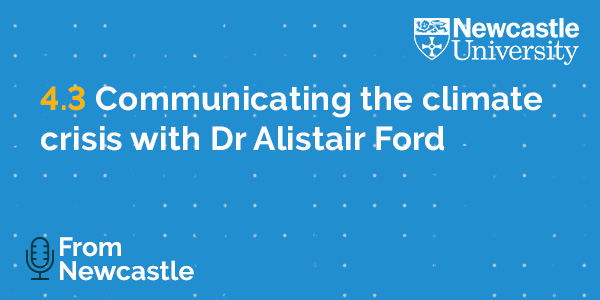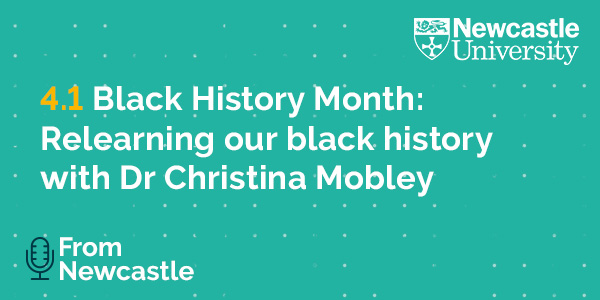In this series we explore some of the successes of Newcastle University’s startups and spin-out companies.
In this episode, we talk to Johnson Fernandes, Founder and CEO of Newcastle University start up, Equiwatt.
The free Equiwatt app has created an energy-saving community who are helping to reduce electricity use when it is at its dirtiest and most expensive in exchange for up to £150 of rewards per year.
Find out how Johnson is using technology to save energy and help the planet and his advice for anyone starting up their own business. Find out more about Equiwatt and download the app at https://www.equiwatt.com/
STAY CONNECTED WITH NEWCASTLE UNIVERSITY:
Instagram: @newcastleuni
TikTok: @newcastleuni
X: @FromNCLPodcast | @UniofNewcastle
YouTube: https://www.youtube.com/@newcastleuni
CREDITS:
Hosted by Isaac Stamper
Audio & Editing by Helen Williams
Production by Stef Moorhead
From Newcastle is produced by Newcastle University. Newcastle University relies on voluntary donations to support many of our education and research programmes. These donations make a huge difference to people locally and around the world: https://www.ncl.ac.uk/alumni/support/support-us/.

